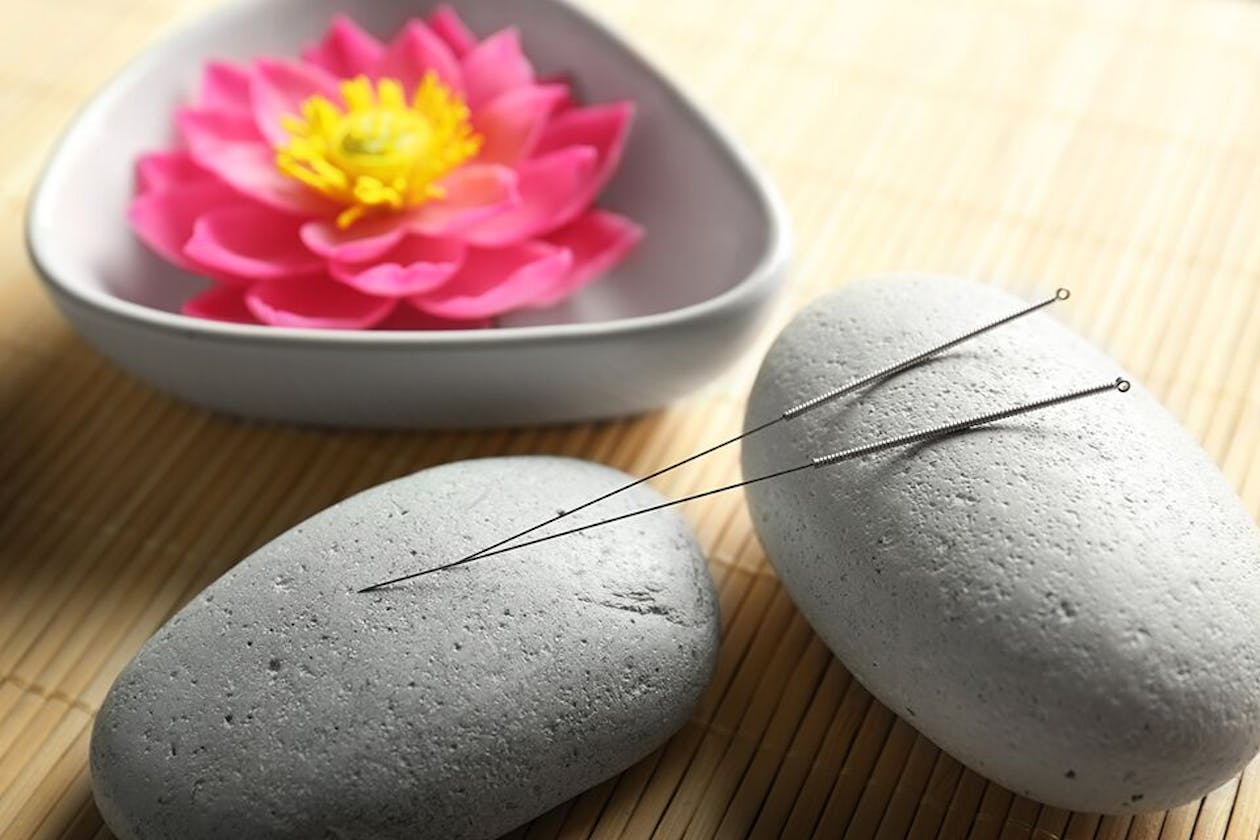
Dry Needling Launceston Book your dry needling appointment online and save
Top Dry Needling Therapists in Launceston, TASFor more salons, check out Fresha’s list of Therapy Centres in Launceston.
Book your next dry needling appointment in Launceston with Bookwell.
Book in at a top beauty or wellness business instantly with Bookwell. Hunting for a service in Launceston? We've put your favourite venues in the one place to make researching and booking appointments easy. Just click and compare. It’s self care at your fingertips.
No matter what your posture game is like, sometimes a little knot will come knocking. And, take it from us, there is nothing worse than feeling all tied up. Dry needling is the sibling to acupuncture, and my oh my - does it know how to offer some relief. There is no need to feel an overload of tension for a long period of time. It can become one of the main kickers to an unhappy working week. So, to get yourself feeling top notch again check out the businesses in Launceston that offer dry needling treatments starting from around $10.
So, go on, let Bookwell help you become a happier you. It’s easy with so many skin, manicure or alternative therapy treatments bookable instantly online. You can compare services, reviews, prices, and availability in Launceston all in the one place. No more frantic calls in your lunch break for last-minute Alternative Therapy treatments and forgotten appointments. See a business not listed? Reach out at hello@bookwell.com.au.
Questions & Answers
What is dry needling?
It's right there in the name: in dry needling, needles are inserted into muscle knots, ligaments and tendons - think any points of tension. The goal is releasing stiffness.
When should I get dry needling?
If you've got a stubborn sports injury, or some muscle stiffness that just will not leave you alone, dry needling could be what you need.
What is the difference between acupuncture and dry needling?
Acupuncture intends to treat the chi or qi energy for a patient, and needles are placed along energy meridians according to Chinese medicine practices. Dry needling practitioners place needles around areas of tension to treat physical areas of pain or discomfort for a patient.
How often should I get dry needling?
This varies, but you can expect to go once or twice a week initially, and then to drop down to once a month.
What should I do after dry needling?
You might be a little sore in the treatment area, and some people do experience bruising. Make sure to drink plenty of water, and rest if you feel you need it. Stretching can also be great, but of course, stop if you feel any pain.